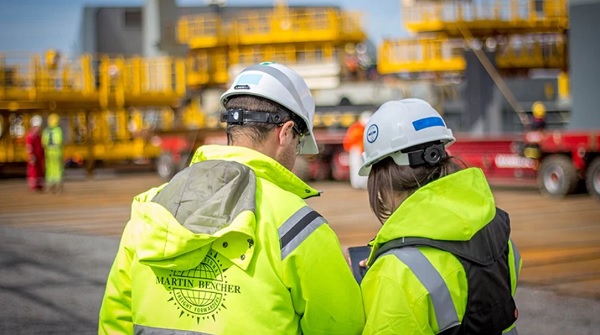A. P. Moller – Maersk acquires project logistics company Martin Bencher
A.P. Moller – Maersk, an integrated logistics company, has acquired Martin Bencher Group, a Danish project logistics firm, for an enterprise value of around $61 million.
The transaction is expected to strengthen A. P. Moller – Maersk’s project logistics services business.
Founded in 1997, Martin Bencher is an asset-light logistics provider that specializes within non-containerised project logistics and focuses on health, safety, security, and environment.
Karsten Kildahl — A.P. Moller – Maersk Europe Regional Managing Director said: “With the addition of Martin Bencher, we are strengthening our ability to offer project logistics services to our global clients while providing a more comprehensive offering to a wide array of industries.
“As such, Martin Bencher really is an excellent fit to Maersk and our integrator strategy.”
The Aarhus, Denmark-headquartered Martin Bencher designs end-to-end project logistics solutions for oversized freight and has 31 offices in 23 countries.
Peter Thorsoe Jensen — Martin Bencher CEO said: “We look forward to becoming an integral part of Maersk.
“Our companies complement each other in so many ways, that we expect a seamless transition experience for both our colleagues and clients.
“Together, we can attain our full potential and will bring the scale, commitment, and capabilities to handle the entire logistics scope of work for clients around the world.”
Martin Bencher transports cargo for various industries ranging from renewables to paper mills and power plants, as well as oil and gas projects.
A.P. Moller – Maersk, with more than 100,000 employees globally, operates in over 130 countries.
With advanced technologies, new vessels, and green fuels, the logistics company aims to achieve net zero emissions by 2040.
